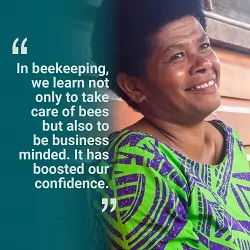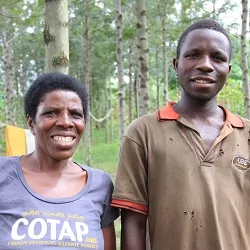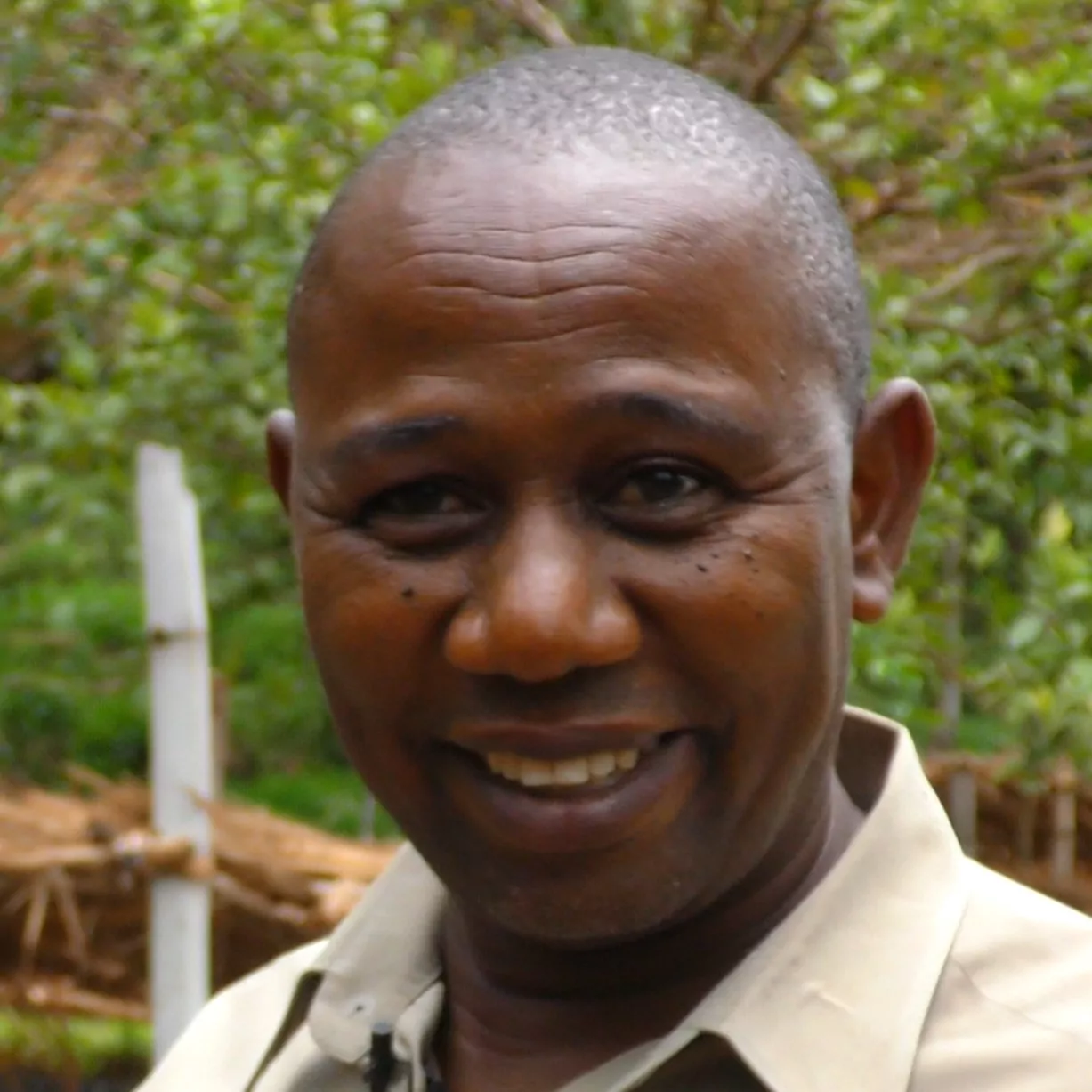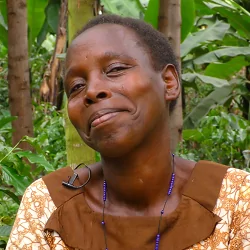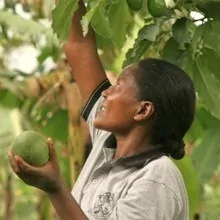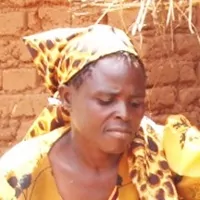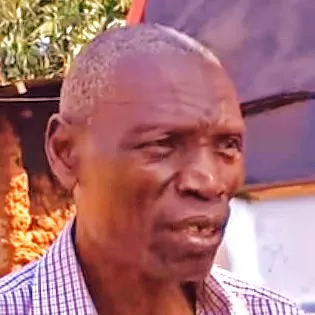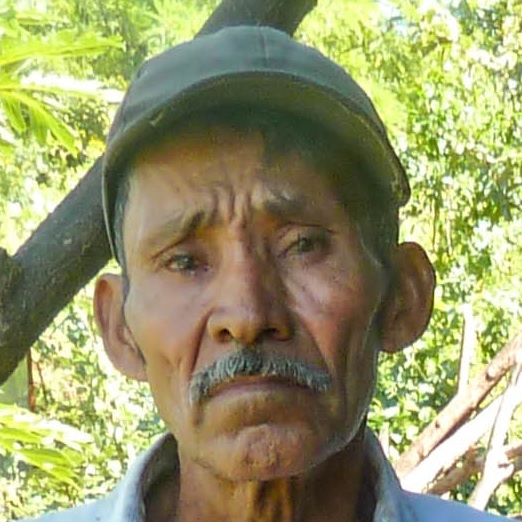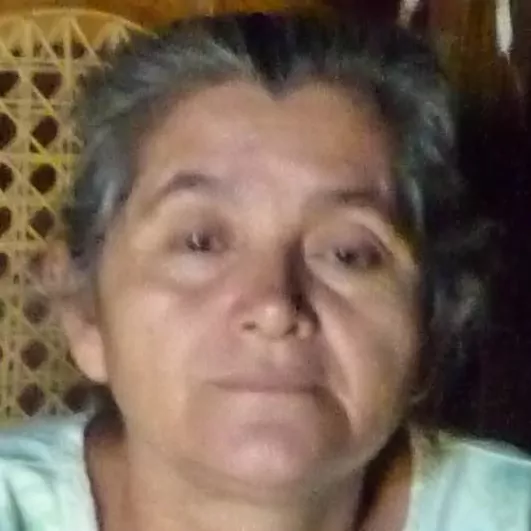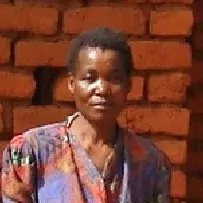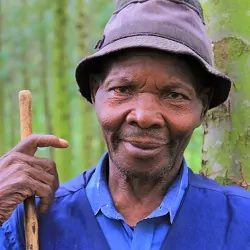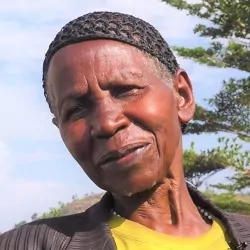Becomes the first Fortune 500 company to choose carbon offsets which directly share 60% of revenues with people who live on less than $2/day.
[Oakland, California – August 2, 2017] To reduce global economic inequality along with greenhouse gas emissions from its corporate travel, global travel industry leader Expedia, Inc. has invested in four community-owned carbon offset projects from the global non-profit Carbon Offsets to Alleviate Poverty (COTAP.org).
COTAP’s carbon offset projects counteract emissions through tree planting, agroforestry and forest protection. They are all located in areas where income levels are less than $2 per day, and are certified under Plan Vivo, the world’s longest-standing voluntary standard for forest carbon. Plan Vivo stipulates not only that rural communities actually own their projects, but also that they receive at least 60% of all carbon revenues.
“One of Expedia’s core Corporate Social Responsibility values is climate action, so there was really was no question about whether or not working with COTAP made sense. Travel is a large contributor to carbon emissions and given that we are in the business of travel anything we can do to help alleviate the impact we’re on board. We are very excited to be working with COTAP and look forward to what we can accomplish together,” said Tony Donohoe, SVP and CTO, Expedia Worldwide Engineering at Expedia, Inc.
The Paris climate agreement included provisions designed to boost carbon trading markets and carbon offsets. Yet US withdrawal from Paris may not slow carbon offset use by US companies. Many are using them to meet state emissions reductions obligations, and there’s a global trend toward leading companies adopting carbon net-zero or carbon net-positive emissions policies that seek to mitigate direct and even indirect GHG emissions through clean energy and carbon offsets.
Corporate travel often accounts for a large part of a company’s emissions, which carbon offsets can counteract. Major companies which have recently announced initiatives to use carbon offsets for corporate travel include retailer Zappos.com, business software giant SAP and car rental leader Hertz, to name a few. But Expedia, whose 2016 revenues exceeded $8.7 billion, is the first Fortune 500 company to work with COTAP to offset its corporate travel, ensuring that the majority of its payment goes directly to those who need it most.
“By offsetting through COTAP, Expedia is creating over $5.00 per tonne in direct, life-changing income for the world’s poorest people,” said Tim Whitley, COTAP founder. “This unsurpassed level of direct carbon revenue sharing is made possible by the combination of Plan Vivo’s 60% community revenue sharing requirement, the premium price of $9 per tonne COTAP pays projects, and our modest and transparent margin of 9.1%. Our projects create other indirect co-benefits like improved food security, biodiversity, soil quality, and reduced erosion. But income is the ultimate benefit because beneficiaries can use it to pay for income-generating assets, medical treatment, food, or their children’s school fees.”
Through donations to COTAP, Expedia offset 1,010 tonnes worth of carbon emissions, which it is using to address air travel emissions from a large meeting involving leaders from many of Expedia’s locations around the world. The donated funds will be distributed evenly among COTAP’s partner projects in India, Malawi, Nicaragua and Uganda, with cash payments directly shared with smallholder farmers and forest communities there.
There’s vast potential for major companies to leverage their sustainability programs to fight poverty and climate change together as Expedia is doing, aligning their interests with smallholders, communities and local environments in developing countries. By working with COTAP, Expedia is leading on that front and demonstrating a transparent, scalable way forward.
The total volume of voluntary offset emissions reductions is still small compared to the scale of emissions reductions needed to combat climate change, but according to a recent Ecosystem Marketplace report, voluntary markets leverage an outsized impact on compliance markets and on emissions reductions activities in general. The total market value of carbon offsets fluctuates with prices. Last year it was nearly $200 million, but using premium offsets such as COTAP’s would drive it higher, and vulnerable communities would capture a lot more of that value.
“We are pleased that Expedia has decided to support Plan Vivo projects in giving rural communities the tools to shape their own sustainable futures,” said Plan Vivo Foundation Programme Manager Eva Schoof. “To date these projects have channeled about $10 million and counting to rural communities, funding long-term sustainable livelihood activities that have an impact beyond carbon payments.”
“Offsets from our program result in direct cash payments and long-term income opportunities for farmers in the poorest parts of the world who are the most vulnerable to the effects of climate change,” said Kahlil Baker, co-founder and executive director of CommuniTree, COTAP’s project partner in Nicaragua. “There is a strong multiplier effect from those payments because farmers regularly reinvest that money back into their farms to grow their incomes even further.”
“Expedia’s carbon offset purchases will help fund small community development grants to over 60 villages,” said Mark Poffenberger, head of the Technical Advisory Committee to the Khasi Hills India Community REDD+ Project, COTAP’s project partner in India, and a trustee of the Plan Vivo Foundation. “Most villages use their payment for protecting and restoring their forests to improve the village drinking water system. The funds also support community forest fire control and replanting that results in improved watershed health and more secure drinking water supplies.”
“Expedia’s support will fund performance-based payments that have been structured to allow farmers to consider long-term investment horizons, using part of their land to develop carbon offsets as an asset,” said Pauline Nantongo Kalunda, executive director of Ecotrust, COTAP’s project partner in Uganda. “That not only provides short-term cash and needed livelihood inputs but also long-term benefits from materials and income that can be enjoyed in the future. By channeling the funds through Village Savings & Loans Associations, funds are available for all community members to access loans. Moreover, the carbon farmers are able to use their purchase agreements as collateral for loans and use the subsequent payments to offset the loans.”
COTAP community-owned carbon offset projects serve and connect key UN Sustainable Development Goals, especially Goal 1, ending poverty, and Goal 13, taking action on climate change, as well as enhancing food security, fighting deforestation, boosting sustainable growth and employment, and protecting ecosystems and biodiversity. They’re also examples of how the private sector and communities in developing countries can work together to help meet global emissions reduction goals. Expanding voluntary carbon markets and using carbon offsets were topics discussed in a recent UN intersessional meeting in Bonn, Germany on implementing the Paris climate agreement.
Companies of any size, and individuals anywhere in the world, can follow Expedia’s example by working with COTAP to offset as little as 1 tonne of carbon emissions. In the U.S., individuals can deduct COTAP offsetting on their income taxes. Expedia, Inc.’s donation also gives its more than 20,000 employees worldwide access to COTAP’s Employee Offset Matching Program, via Expedia’s philanthropic arm Expedia Cares. The program enables participating employees to double the amount of carbon emissions they can offset and halve their effective rate to a tax-deductible $4.95 per tonne, while still maintain the $9 per tonne premium which COTAP projects receive. At COTAP.org/Expedia, employees can calculate their carbon footprint, learn how to reduce it, and offset any dollar amount or tonnage quantity.


